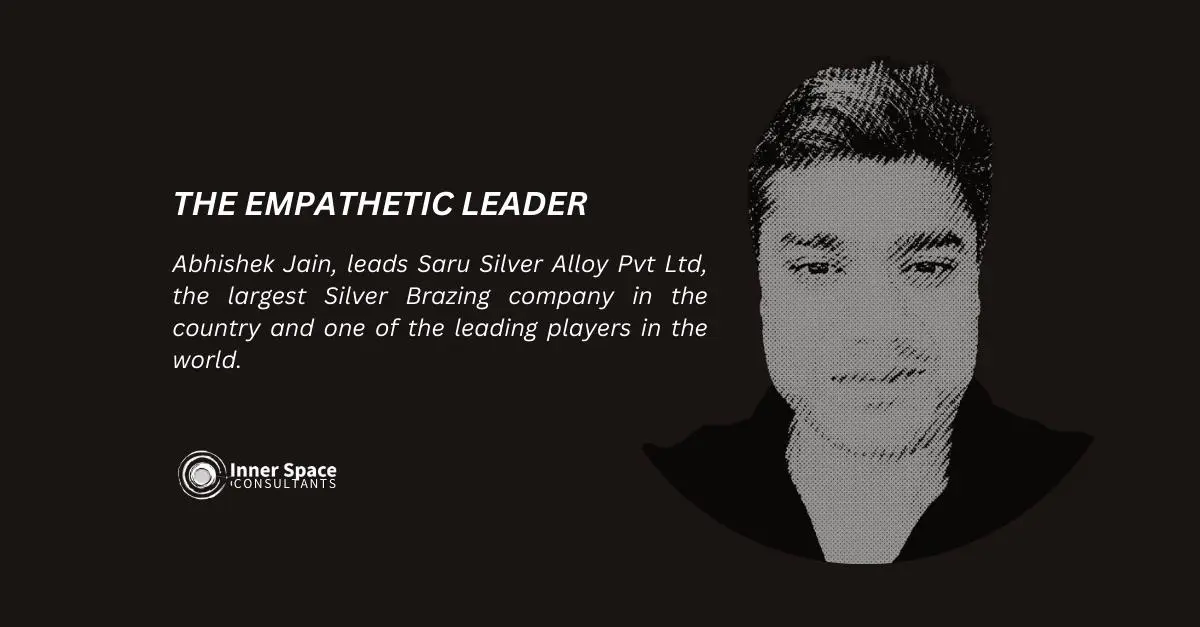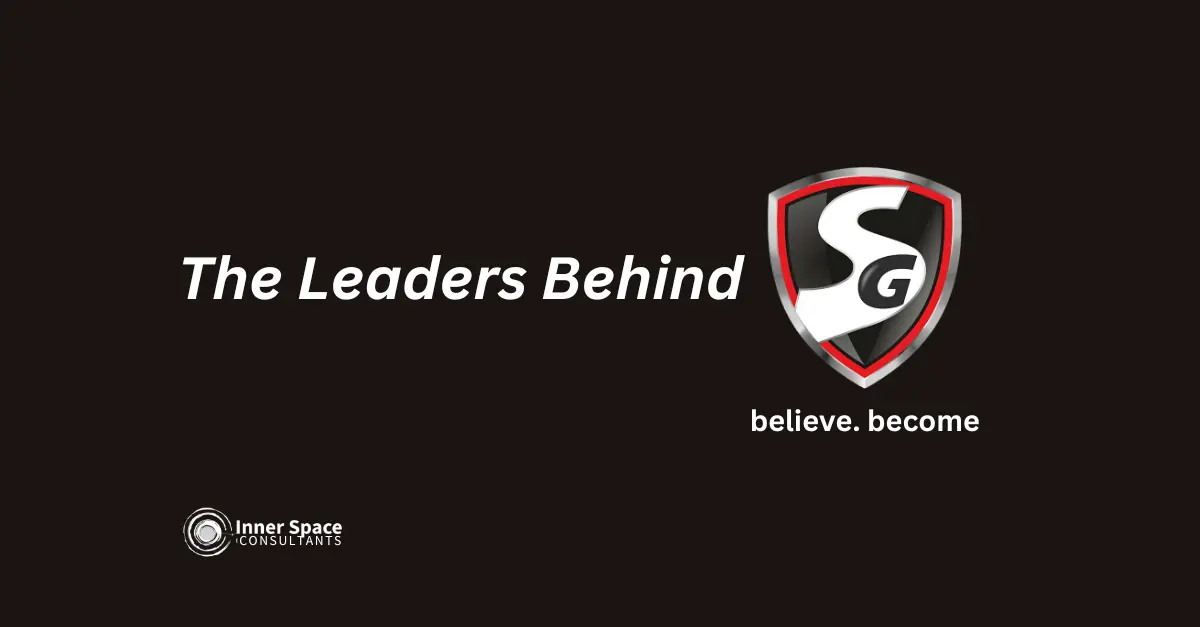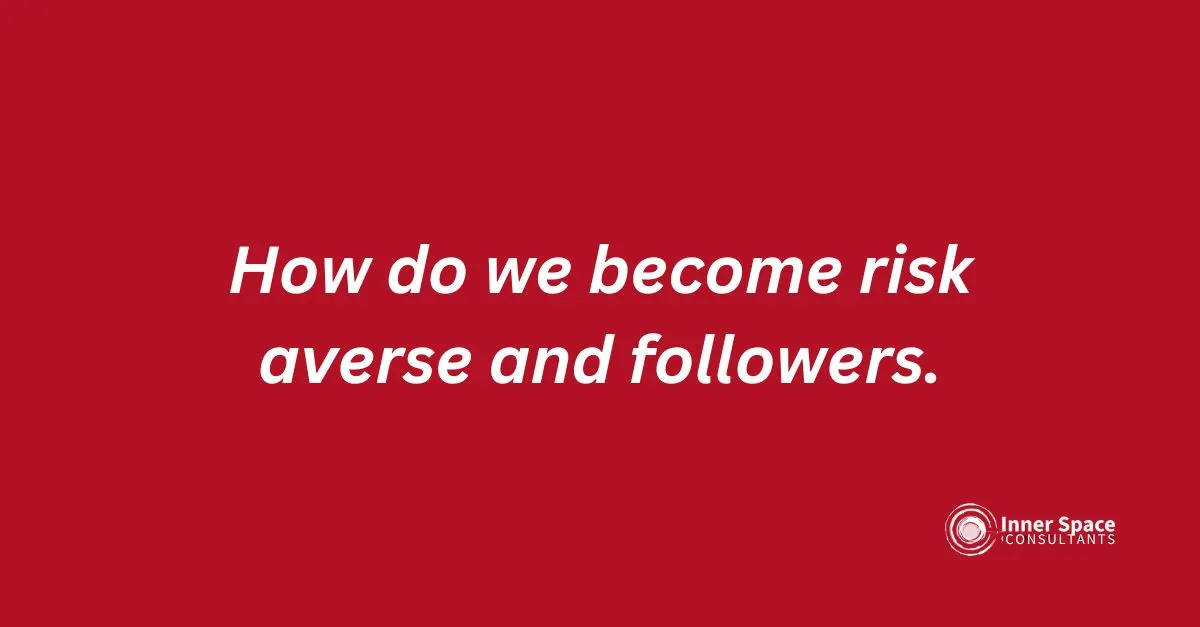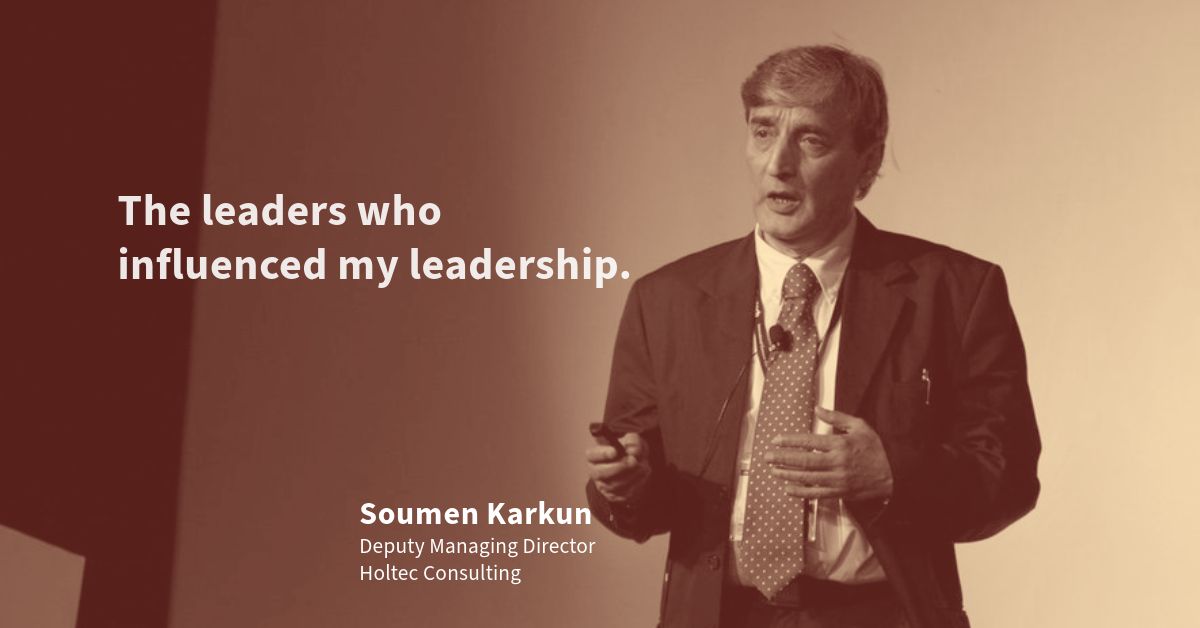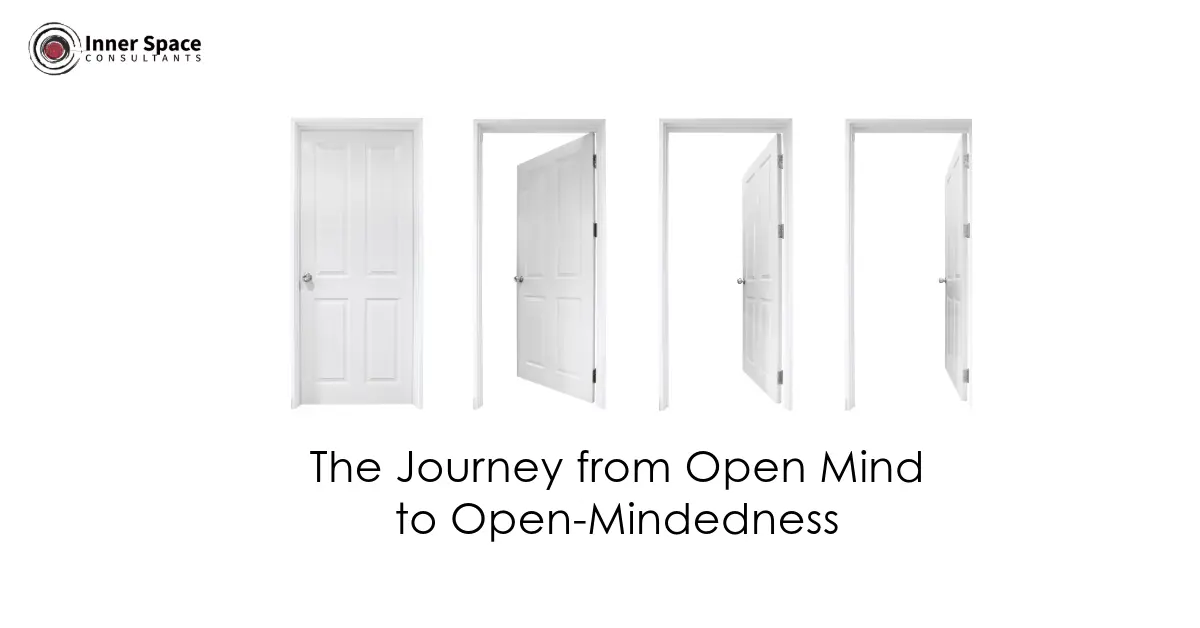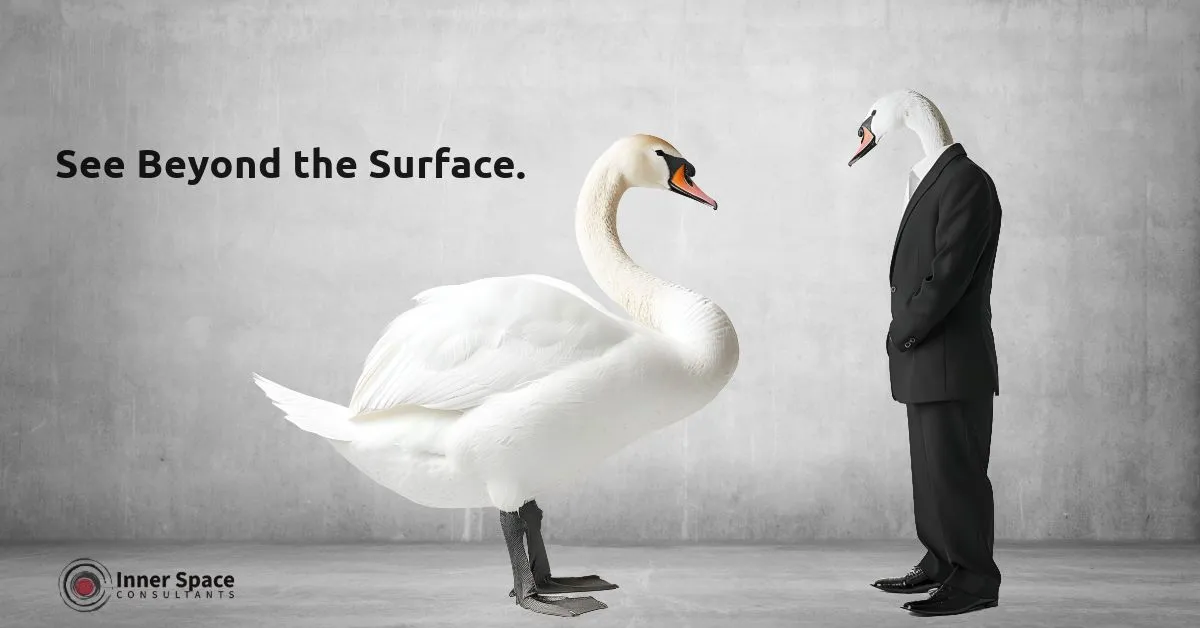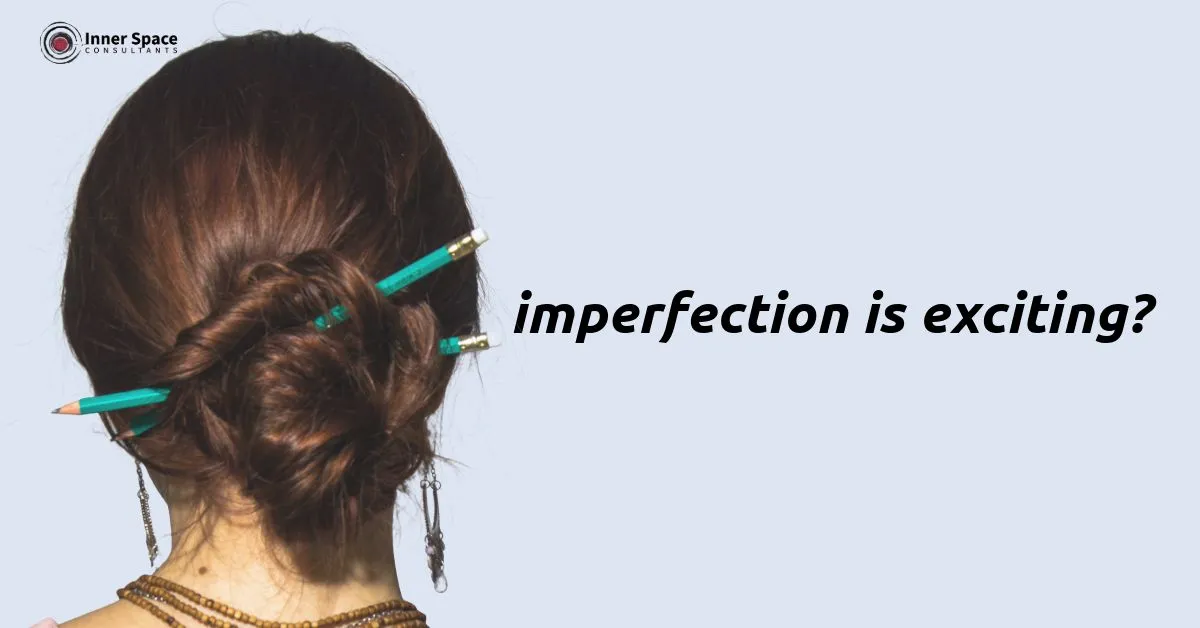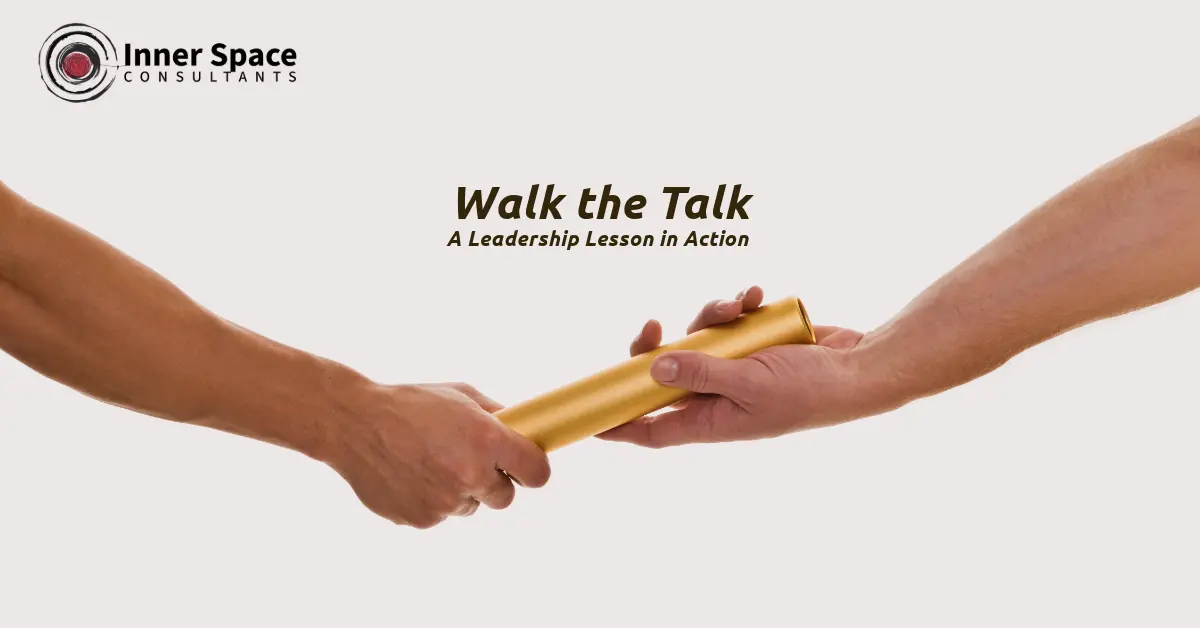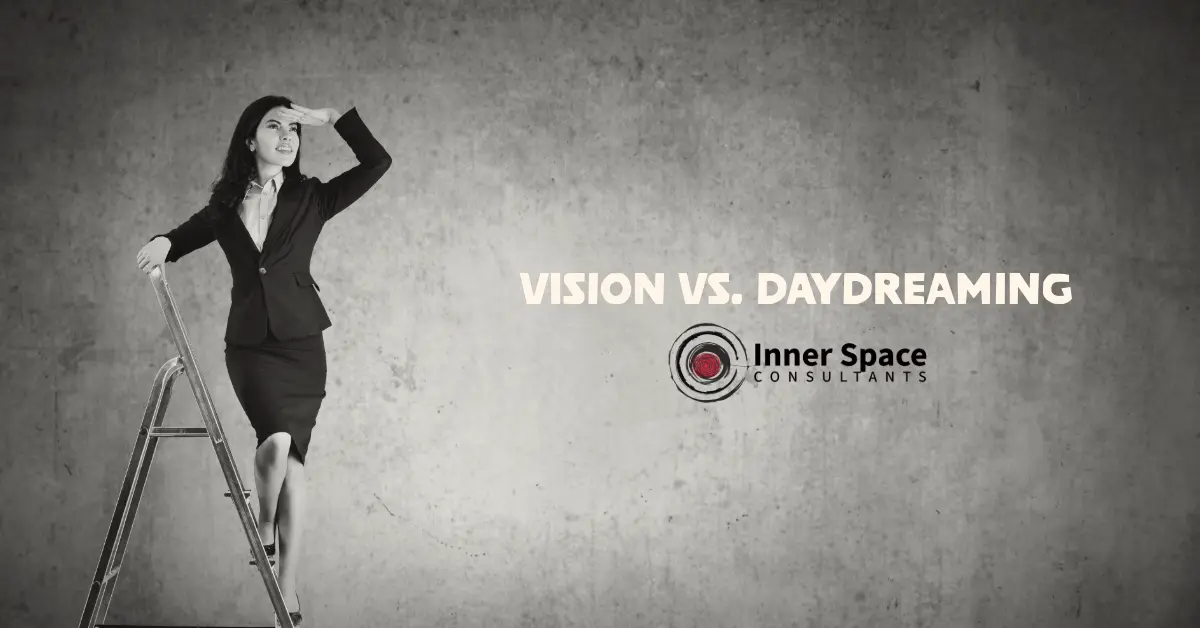I was talking to Rahul when I realised this was probably the tenth time that I was listening to the same old story from him. I was discussing with him a new opportunity that was knocking his door and he was trying to tell me how it was not an opportunity but a threat to his existing status. While I tried to facilitate this discussion using logic and his past achievements, he continued to look at the dark side of the same thing.
After a few minutes when I was about to lose my patience, I mentally decided to change my strategy. I joined him and started feeding his negative behaviour. He initially took it as a reinforcement of his beliefs but soon jumped on to the other side and started showing me the brighter side of the whole story. I was enjoying this now in my own mind. I realised in those negative moments of his, there were spurts of positive statements as well. That’s the opening I was looking for as a coach. I grabbed that opportunity. Each time I used positive statements, he would turn negative initially. However, consistent and prolonged use of positive statements finally helped.
What I realised during my discussions with this client of mine were some of the interesting aspects of coaching:
1.You get tested as a coach: The coachee tests you as a coach before he starts flowing with you. Those initial moments may not look very logical to you as a coach but they are critical to establish you as a coach.
2.Positivity and negativity are not consistent behaviours: People do not stay in either positive or negative frame of mind during the entire argument. They keep looking at different perspectives while being engrossed during the discussion.
3.Positivity can be tapped during an intensely negative discussion: When a coach sees that light of positive frame of mind even when the coachee is in an overall negative frame of mind, he should tap the positivity immediately but smartly. Even if the positivity gets tapped by the coach, the coachee will still want to go back to the negative frame of mind. The coach must consistently use the positive statements to bring the discussion on a positive track to achieve results.
Initial sessions may have a lot of clutter but it is here where the rapport gets built between a coach and a coachee. It is important for the coach to go through this irrelevant data to establish trust and confidence in him. If you ignore the clutter, it will be difficult for you to find your way.


